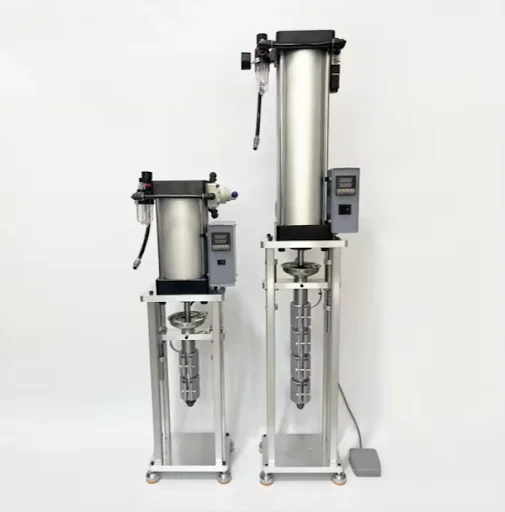Industrial automation revolves around factory machines. Machines enable human workers by substituting the labor-intensive repetitive tasks, which allows humans to concentrate on supervision, design, and innovation. Automation has been an essential measure that has guaranteed a smooth production process in the automotive assembly lines, right down to electronics manufacturing.
The incorporation of robotics, programmable systems, and sensors has resulted in modern machines being smart. They make the factories more elastic and more reliable, capable of reacting to alterations in the pace of production, identifying the errors, and streamlining operations in real time.
Increased speed of production
Among the primary benefits of factory machinery, one can certainly state the reality of accelerating the production level. Compared to automatic machinery, manual work can result in fatigue, hence giving inconsistent results when extending the working days.
High-speed production equipment, having a massive scale of processing, may be utilized, and those are the CNC cutter, 3D printer, and automated packaging machine. This speed can assist the firms in dealing with short deadlines and bulk orders.
Quality Assurance and Standardization
Sorting on quality is a serious issue in production, and machine automation substantially forms part of standardization in a factory. Using machines results in consistency among all products because the machines perform their duties in the manner that they are programmed to, and there is minimal variability.
In the case of such industries as pharmaceuticals, food processing, and electronics, consistency in quality is key. The utilization of machinery lessens the probability of human error and keeps the number of defects down, and the overall reliability high, which has a direct effect on the satisfaction of the customers and the brand image.
Flexibility in Modern Manufacturing
New designs of factory machinery are versatile. They are reprogrammable or can be modified to suit new designs of products, special orders, or different quantities of production. This flexibility enables the manufacturer to be able to deal promptly with varying market demands without necessarily going under proper rest periods.
As an example, assembly lines can be robotic with little reconfiguration to switch between the various product models; even automated cutting machines can cut different types and shapes of products. Flexibility keeps the factory competitive in a competitive atmosphere.
Sustainable Manufacturing
Machinery that is energy smart and environmentally friendly is gaining relevance. The modern equipment in the factory consumes less power, generates less waste, and aids manufacturers in reducing their footprint on the environment. Firms that invest in sustainable equipment not only reduce their spending on products, but they also attract those buyers who are concerned with environmental issues.
Conclusion
Industrial production is changing with the help of factory machines that merge velocity, accuracy, and adaptability, as well as sustainability. They offer a competitive edge to the manufacturers in automating work, providing consistent quality, and minimizing waste. The purchasing of modern equipment enables any company to face the increased demands, uphold high standards, and succeed in the environment of the fast-paced industry of the modern world.


